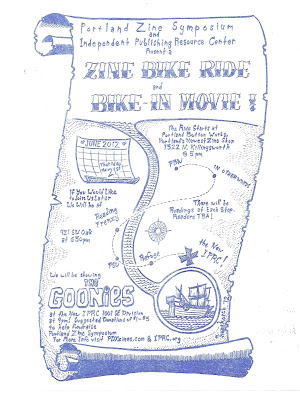Easily among the most confounding broadcast-to-big screen translations ever produced, Twin Peaks: Fire Walk With Me completely capsized both in terms of critical and audience reception at the time of its 1992 release. To be fair, a good deal of the once large, built-in, tv fan base for the film had already fallen away during the final season of the show (for more discussion on that topic, see this previous post). Personally, I recall seeing the film on opening night at a small town, local theater with somewhere around seven other people in attendance; the film was dead upon arrival and limped out of town shortly thereafter.
The reviews were brutal. The late Vincent Canby wrote that it was "not the worst film ever made; it just seems to be." Peter Travers declared that "the impulse in the arts to build idols and smash them has found another victim in David Lynch." My own reaction was a fairly muted response; I liked the parts I liked and remained curious about the other stuff, but it's a film that's difficult to be enthusiastic about on a first viewing. Time has been kind to FWWM (Fire Walk With Me) and, unsurprisingly, given Lynch's growing reputation as our nation's chief surrealist, a cult audience has been erected around the film after its release on home video.
As an unabashed Lynchophile, I've seen it at least two dozen times now; it was one of my favorites vhs tapes to toss on when I was working graveyard shifts in the late 90s. Some fans (British critic Mark Kermode among them) now insist that it's his greatest work, an assessment that I find more reasonable each time I view the film.
To a large extent, though the film's plot is explicitly informed by conditions drawn out by the series, the major difference between FWWM and many of the other films in Lynch's oeuvre is that there's such a magnitude of obscurity packed into its many wild and wooly passages that by the time the end credits crawl across the screen it remains essentially unknowable; it becomes an indecipherable mystery that trumps the relatively basic puzzle proposed by the series.
In terms of sheer inscrutability, only Inland Empire, the film that very well end up being Lynch's swan song, can challenge FWWM for pure WTF whiz-bang. Fire Walk With Me is both an untidy and teetering mess from a master filmmaker and a masterwork that contains many ill-advised and resolutely awful sequences of questionable performance and construction. A fascinating mess, indeed-y.
Twin Peaks: Fire Walk With Me plays one-night-only at the Hollywood Theatre on Wednesday, June 27th at 9:30pm. More info available here.
Remember to find and "like" us on our Facebook page.
Subscribe to the blog's feed here.





















